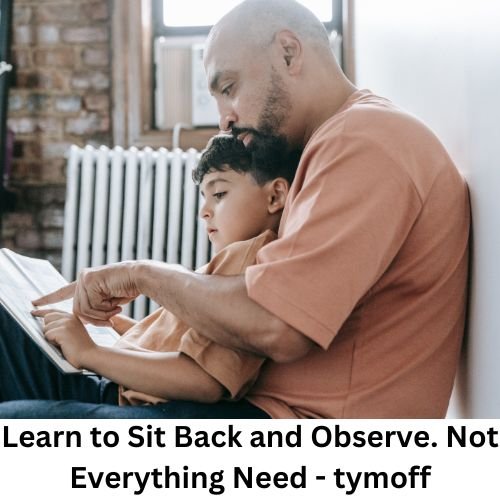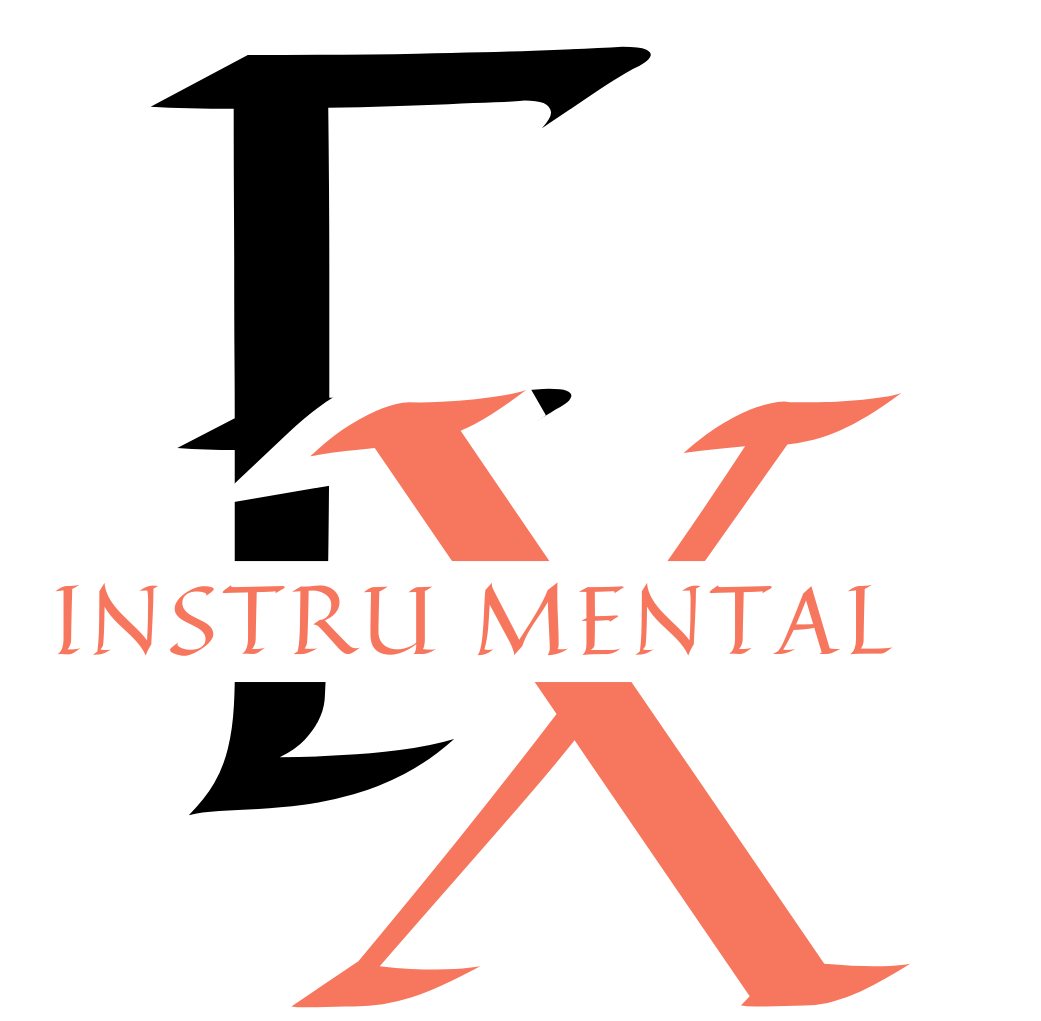
Learn to sit back and observe. not everything need- tymoff means Sometimes, it’s best to just watch and not hurry to figure everything out or take immediate action.
What does Learn to sit back and observe. not everything need- tymoff means?
Learn to sit back and observe. not everything need- tymoff means sometimes it’s good to just watch silently without taking any action immediately. It’s not a quote from an author, but the most shared random post on Tymoff.
Learn to sit back and observe. not everything need- tymoff- Basic Techniques
Tymoff’s saying, “Learn to sit back and observe. Not everything needs action,” is a perfect example of gaining a better perspective on life. Sometimes it’s necessary and good to let go of things without taking any action. It’s all about taking a step back, pausing, and really looking at what’s going on before you jump into action.
Instead of rushing to conclusions, it’s about taking your time to understand what’s happening before acting. It’s about being careful and thoughtful before making any decisions.
We live in a world where people’s patience is often low. They act quickly without considering the consequences. Not reacting right away is important. It means not always responding immediately to everything. Give yourself and situations time. Handle them wisely with proper strategy.
Tymoff guides us that not everything needs an instant reaction. Acting without thinking can cause unnecessary problems and regrets. By learning to watch and wait, we give ourselves time to think before responding. We can stop, think, and choose a response that matches what we believe in and what we want to achieve.
Also, not reacting doesn’t mean being passive or not caring. It’s about deciding when and how to respond, instead of letting every situation control us. It’s about taking control of our feelings and actions, instead of letting situations dictate how we act.
Also Read: Self-Control is Strength. Calmness is Mastery. You – Tymoff
Learn to sit back and observe. not everything need- tymoff- Necessary?
Why adopting the mindset of “Learn to sit back and observe. Not everything needs – Tymoff” is important:
- Observation helps you make better decisions by gathering helpful information and insights.
- Taking time to observe before reacting can make you feel less stressed and anxious, helping you stay calm.
- Paying attention to others’ needs and viewpoints can make your relationships stronger and help you understand them better.
- Watching lets you see situations more clearly, so you can make smarter choices.
- Giving yourself time to observe can spark your creativity and give you new ideas and solutions.
Learn to sit back and observe. not everything need- tymoff- Steps to follow
Some steps will help you observe the situation instead of reacting to it. These are given below:
Pause and Take a Breath
When you face a situation, stop for a moment and take a deep breath. This helps calm your mind and gives you space to observe.
Observe Without Rushing
Doing something immediately is not a solution to every problem, take time to look at what’s happening. Notice everything around you without feeling like you have to hurry.
Gather Information
Search for useful information and facts that can help you understand the situation better. This might mean asking questions, doing research, or just paying close attention.
Reflect on What You See
Take a moment to think about what you’ve observed. Consider how different things might be affecting the situation and think about what could happen if you take different actions.
Conclusion
Learn to sit back and observe. without reacting to everything is a great way to improve your thinking and creativity. It’s good advice to restrict ourselves from unnecessary actions and distractions.
FAQs
Isn’t observing just another way of putting off work?
No, observing isn’t about avoiding action forever. It’s about taking a moment to gather insights before deciding, which can help you make quicker decisions in the end.
How can I balance watching with doing something?
Balancing watching and action means trusting your gut while also paying attention to gathering important information. It’s about deciding when to act based on what you’ve seen.
What if I’m not naturally good at noticing things?
You can get better at watching with practice. Start by noticing the details around you, and try to be more aware in your daily life.
How can silently observing help my relationships?
Watching and observing helps you understand others better, which makes communication and empathy easier. By being more observant, you can build stronger connections with people.
How can I stop feeling stressed about replying to emails and messages right away?
You can set specific times for checking and responding to emails and messages. Let your friends and colleagues know about these times, and you’ll find the stress easing over time.








